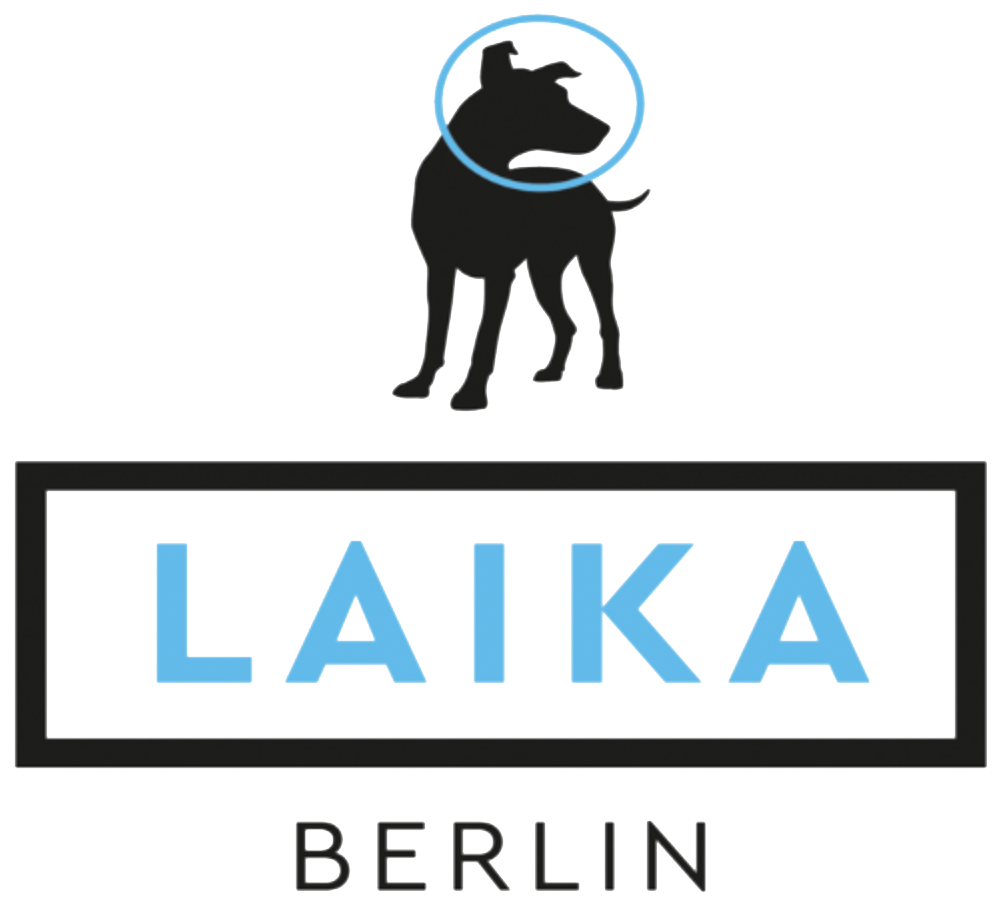Don't just talk brands. BE ONE!
In 2008, someone had an idea. Or, even better: a vision. Out of this vision, a company was born. A company with a goal to create a new culture of work and life.
The vision of this founder and managing director was: "We are here in order to change the world. Nothing less than that interests me." That’s the story of WeWork.
Adam Neumann transformed dull offices that had previously been mere workplaces, into meeting places for entrepreneurs and businesses; physical networks that go beyond just work. In his premises you can find pinball machines, foosball tables, beer taps, yoga rooms or cafés, and much more. This is how collegiate associations suddenly became powerful communities.
Within a very short time, Neumann’s start-up had overtaken the venerable JPMorgan Chase as New York's largest commercial tenant, and at the same time in London, only the British government controlled more square meters than WeWork.
It needs a bigger idea: a brand
The harsh reality has shown that Adam Neumann's expansional excess is not an example of sustainable entrepreneurship. Nor does everyone have to see a foosball table as a cultural change, and whether a yoga room can be equated with values is also doubtful. The WeWork startup reveals what oftentimes remains hidden.
Anyone can sell coffee, but not everyone can call themselves Starbucks. Anyone can advise companies, but not everyone can call themselves McKinsey. The challenges of starting a business are endless and don't always pay off immediately: Hundreds and hundreds of hours are spent generating leads, perfecting sales funnels, creating content, managing finances and kicking off a thousand other projects. Will it be worth the effort in the end? It depends. Are you building a company, or are you building a brand?
There is a big difference between building an organization that sells a product or service, or creating a brand. Once your service or product becomes irrelevant, and the price drops, or is overtaken by the competition, all the hours, sweat and tears spent building a business are gone. A brand, on the other hand, will survive all of these events.
IKEA is an excellent example. The Swedish furniture company's vision "is to create a better everyday life for many people". The brand is so successful that it can even afford a solution from its very own product. IKEA already sells insurance and could probably start selling real estate tomorrow. It is no coincidence that the most profitable companies in the world also own the best-known brands; such as Google, Microsoft, Apple or Starbucks, to name a few.
Brands do not just happen
A brand is the sum of everything that a company stands for, everything it defines. How it acts in the world and how in turn it is perceived by that world. With a strong brand, you are independent of product life cycles. You can change your business field, and yet customers will continue to follow the brand.
According to a McKinsey study from last year on the future of the banking industry - when asked which brands people would be most likely to trust with their money, most respondents answered with Amazon or Google; all banks ranked behind them. This proves that this is not achieved by companies inherently, it is achieved by the brand.
And these, like all icons, are created through constant communication. For every brand, you need a positioning strategy, and everything that is implemented must reflect this strategy.
Therefore, it is important for every founder and entrepreneur to ask oneself the questions: ‘What does the company stand for? What values does it represent? What is the story behind them? How is the company's vision communicated to the world?’
In order to achieve a sustainable impact, a company must be bigger than the founder itself, and the actual product or service. Communicators need defined values, a long-term vision, and a story that is relevant to people. Instead of focusing on the missing features that make the product "finished", the focus should be on how to create a brand that customers love and how to build real relationships with the target group.
WeWork had a vision, and Adam Neumann is certainly a brand, but WeWork’s vision was overhyped. They presented their vision of the workspace of the future, but it did not respond with the needs of many companies. Brands communicate not only a vision, but a promise. They offer orientation and firm support. It happens, of course, that promises are made that cannot be kept, but it would be fatal never to make this claim for oneself.
Brands are promises that are kept
Companies should stop telling how performance-oriented they are, and how growth-driven and customer-focused the team is. Instead, the brand has to show it. Stop telling how funny you are. If someone is actually funny, they would make you laugh.
In the end, the product will never be good enough. So instead of waiting another week for this or that bug to be fixed or a few months for the second version to be launched, go out and build strong brands.
Because one thing is certain: people don't fall in love with communication alone, people don't love companies, people love brands.

